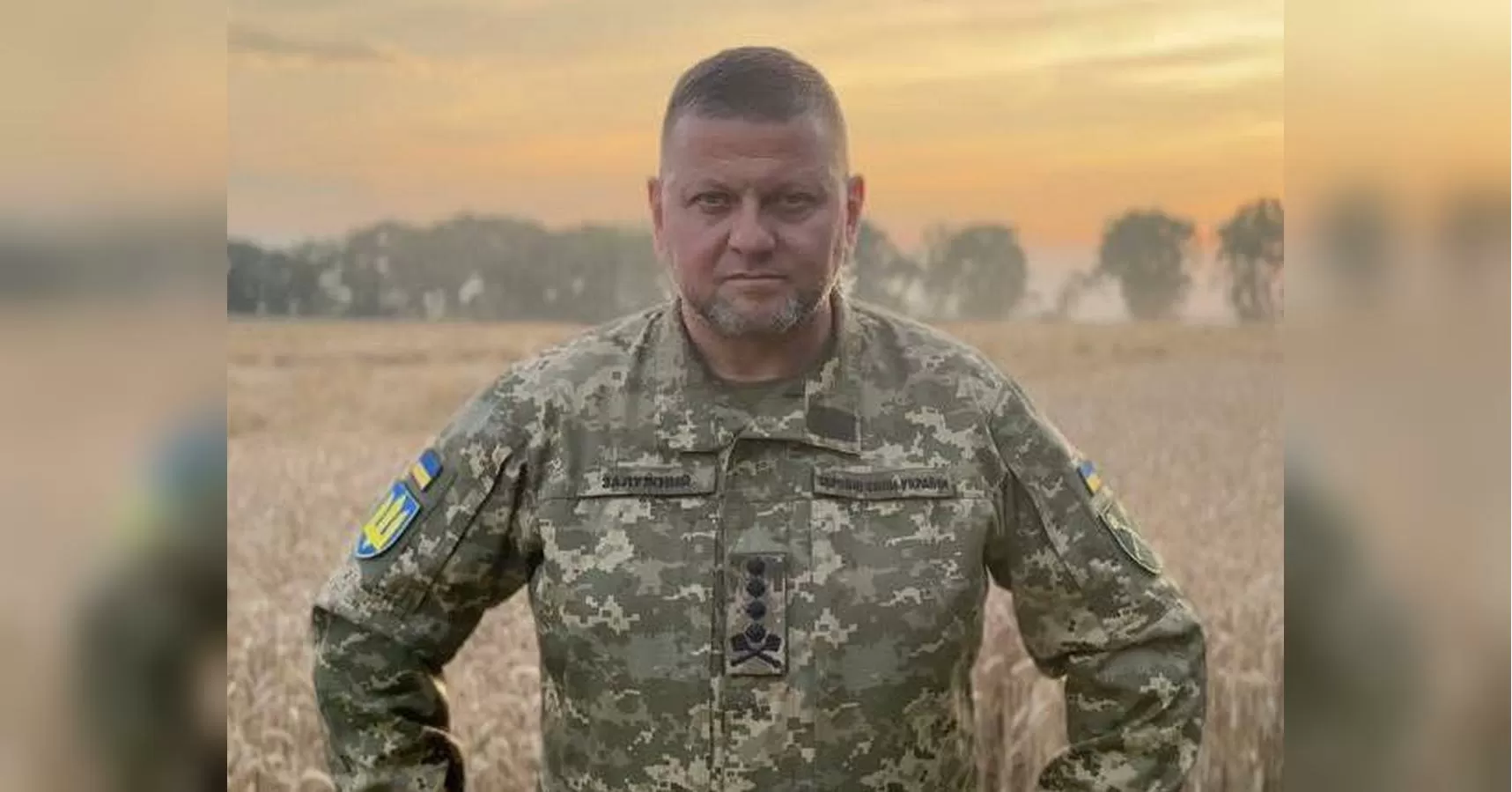According to Glen Grant, there were a number of incompetent individuals in the team of the Commander-in-Chief of the Armed Forces of Ukraine (AFU). This statement has caused quite a stir in the military community, with many questioning the validity of Grant’s claims and the impact it may have on the AFU’s operations.
Grant, a retired British Army officer, served as a military advisor to the Ukrainian government from 2015 to 2017. In a recent interview, he expressed his concerns about the level of competence within the AFU’s leadership. He stated that there were individuals in key positions who lacked the necessary skills and experience to effectively lead and manage the armed forces.
This revelation has raised eyebrows and sparked debates among military experts and officials. Some have dismissed Grant’s claims as baseless and exaggerated, while others have called for a thorough investigation into the matter. However, regardless of the validity of Grant’s statements, it has brought to light an important issue that needs to be addressed.
The AFU has been at the forefront of the ongoing conflict in eastern Ukraine, facing constant threats from Russian-backed separatists. In such a volatile and high-stakes environment, it is crucial to have competent and capable leaders who can make sound decisions and effectively lead their troops. Any shortcomings in leadership can have serious consequences, not only for the military but also for the country as a whole.
Grant’s concerns about the competence of some individuals in the AFU’s leadership are not unfounded. In recent years, there have been reports of corruption and nepotism within the military, which have raised questions about the selection and promotion process of officers. This has led to a lack of trust and confidence in the leadership, which can have a negative impact on the morale and effectiveness of the armed forces.
Moreover, the ongoing conflict has also highlighted the need for modernization and reform within the AFU. The military has been heavily reliant on outdated Soviet-era equipment and tactics, which have proven to be ineffective against modern warfare. This calls for a need to have competent leaders who can drive and implement necessary changes to improve the capabilities of the armed forces.
It is also important to note that Grant’s statement should not be seen as a criticism of the entire AFU. The Ukrainian military has shown great resilience and determination in the face of adversity, and many officers have demonstrated exceptional leadership skills. However, it is essential to acknowledge and address any shortcomings within the leadership to ensure the continued success of the AFU.
In response to Grant’s claims, the Ukrainian Ministry of Defense has stated that they are taking the matter seriously and will conduct a thorough review of the AFU’s leadership. This is a positive step towards addressing the issue and ensuring that the armed forces have competent leaders at all levels.
In conclusion, Glen Grant’s statement about the presence of incompetent individuals in the AFU’s leadership has sparked important discussions about the state of the Ukrainian military. While there may be differing opinions on the validity of his claims, it is crucial to address any shortcomings within the leadership to ensure the effectiveness and success of the armed forces. The ongoing conflict in eastern Ukraine has highlighted the need for modernization and reform, and it is essential to have competent leaders who can drive these changes. The AFU has proven to be a resilient and capable force, and with the right leadership, it can continue to defend the country and its people.

